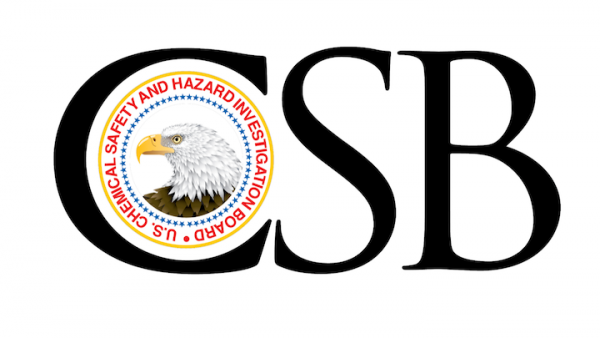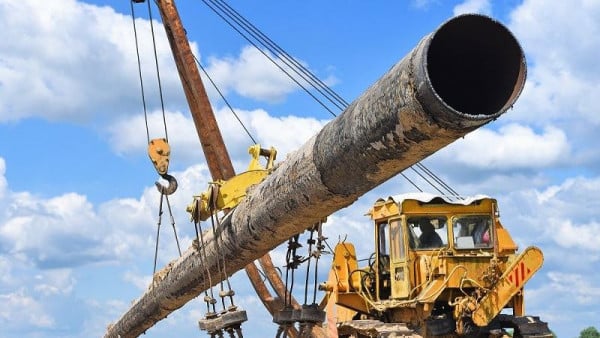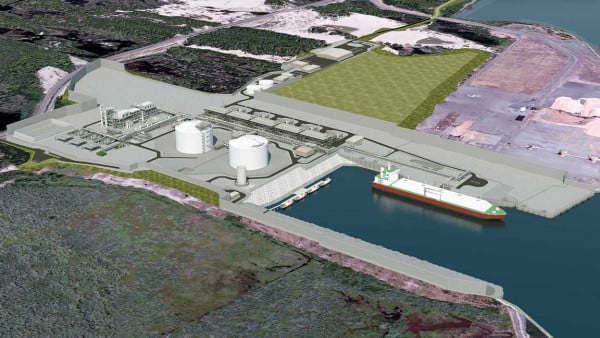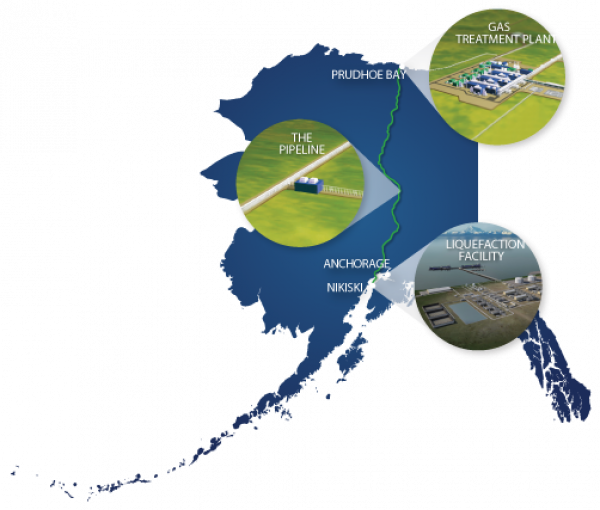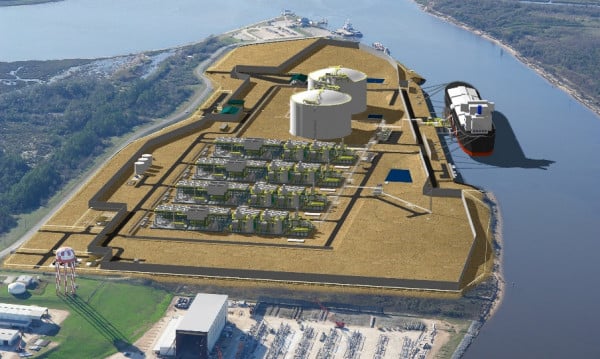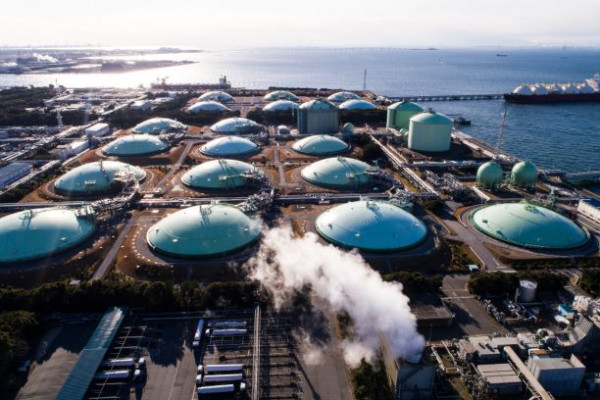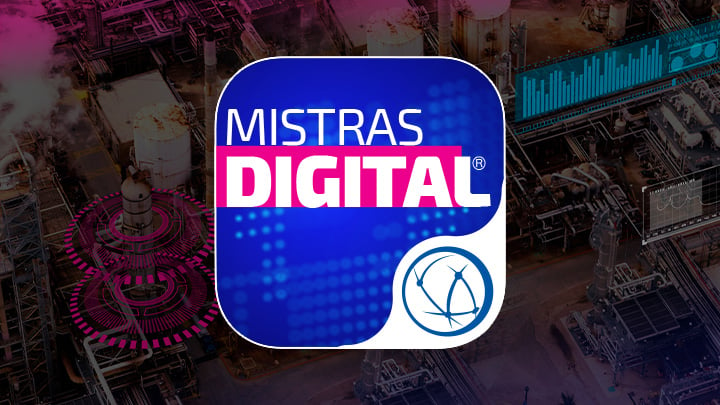The Federal Energy Regulatory Commission, or FERC, is an independent government agency that regulates the interstate transmission of electricity, natural gas, and oil in the United States. FERC also reviews proposals to build liquefied natural gas (LNG) terminals and interstate natural gas pipelines as well as licensing hydropower projects. FERC is primarily responsible for:
- Regulating the transmission and wholesale sales of electricity in interstate commerce;
- Reviewing certain mergers and acquisitions and corporate transactions by electricity companies;
- Regulating the transmission and sale of natural gas for resale in interstate commerce;
- Regulating the transportation of oil by pipeline in interstate commerce;
- Approving the siting and abandonment of interstate natural gas pipelines and storage facilities;
- Reviewing the siting application for electric transmission projects under limited circumstances;
- Ensuring the safe operation and reliability of proposed and operating LNG terminals;
- Licensing and inspecting private, municipal, and state hydroelectric projects;
- Protecting the reliability of the high voltage interstate transmission system through mandatory reliability standards;
- Monitoring and investigating energy markets;
- Enforcing FERC regulatory requirements through imposition of civil penalties and other means;
- Overseeing environmental matters related to natural gas and hydroelectricity projects and other matters; and
- Administering accounting and financial reporting regulations and conduct of regulated companies.
Before a pipeline company obtains authorization to construct or expand an existing interstate transmission pipeline, the company must first file a detailed project plan with the FERC. This plan is formally called an application for a Certificate of Public Convenience and Necessity (Certificate Application). The Certificate Application is a comprehensive document that describes the proposed project in detail, the reason(s) it is needed, and any potential environmental impacts.
Related Topics
- Bureau of Safety and Environmental Enforcement (BSEE)
- Safety and Environmental Management Systems (SEMS)
Relevant Links
Topic Tools
Share this Topic
Contribute to Definition
We welcome updates to this Integripedia definition from the Inspectioneering community. Click the link below to submit any recommended changes for Inspectioneering's team of editors to review.
Contribute to Definition


